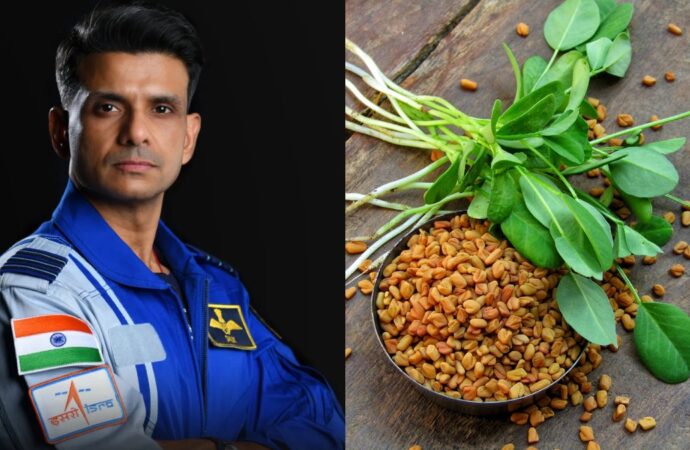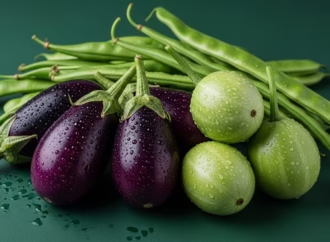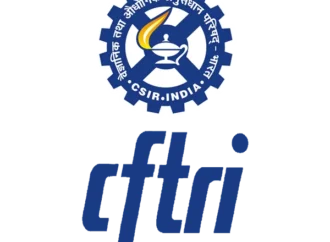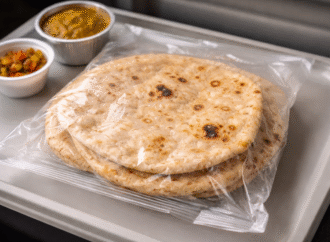Seeds Sprouted Aboard the ISS
Scientists from the University of Agricultural Sciences (UAS), Dharwad, have begun analysing fenugreek and green gram sprouts grown aboard the International Space Station (ISS). Astronaut Shubhanshu Shukla (Shux) hydrated the seeds, allowed them to sprout, and froze them at –80°C. The sprouts returned to Earth on July 15 and reached UAS in frozen condition, where the research team started their studies immediately.
Research Focuses on Nutrition and Food Safety
Principal investigator Prof. Ravikumar Hosamani said the study aims to address nutritional deficiencies faced by astronauts. “We are evaluating sprouting efficiency, nutritional quality, phytohormone dynamics, and how these plants adapt to space conditions,” he explained. The team will also assess transcriptome responses, microbial growth patterns, and changes in anti-nutritional factors to ensure the sprouts remain safe to consume during long-duration missions.
Indian Crops Offer Unique Advantages
Fenugreek and green gram, widely used in Indian diets, provide higher nutritional value than typical salad plants. Fenugreek helps boost immunity, and both seeds help avoid the risk of kidney stone formation—a common health issue among astronauts. Their ability to thrive in semi-arid conditions makes them strong candidates for space farming.
A Milestone for Indian Space Research
UAS Vice-Chancellor Prof. P.L. Patil described the study as a proud achievement. He said the findings could pave the way for developing India-centric salad vegetables that meet astronauts’ dietary needs during extended space missions.
Source: The Times of India
 Food Manifest
Food Manifest 


















